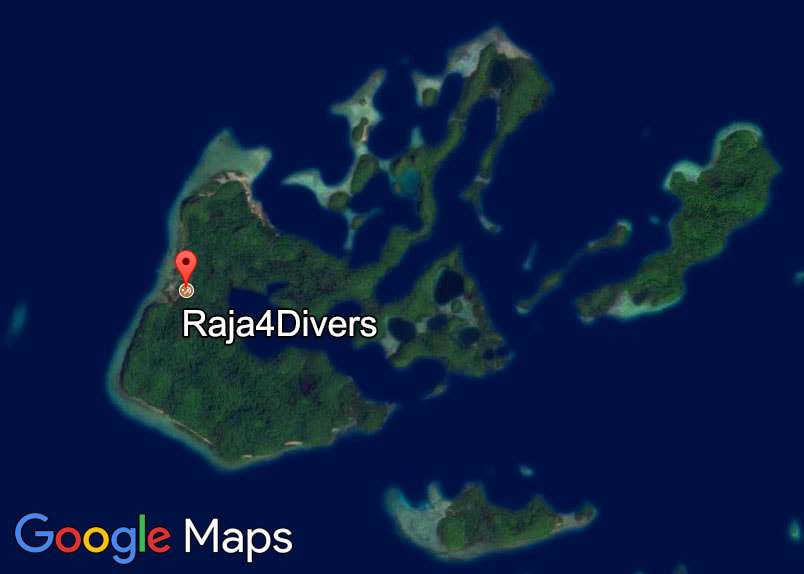|
This is it – my last blog post from Pulau Pef! When I arrived here on the 25th of July 2019, I had no idea what to expect and where this adventure would take me. I was full of excitement and hope that I was going to enjoy it here. And I did! Despite the pandemic and the resort being closed for 14 months, I had the time of my life here. Some of it was exactly as I expected, some was completely different and surprising. They called me «Ibu Guru» (Mrs. Teacher) because I taught English to our dive team and for the last few months also to our housekeeping and kitchen staff. But actually, I think I learnt just as much from my colleagues as they learnt from me. Being patient, for example. «Sabar» in Indonesian. It’s a quality you cannot survive without here and it was probably the hardest for me to learn. I was (and still am) a rather impatient person, but life is just so much slower here and I had to accept this new rhythm, whether I wanted to or not. I still often want to «quickly» do this or that, only to realize that «quickly» will not work here. Be it something requiring a fast internet connection or a task involving the help of one of my local colleagues – everything takes longer on the island. I wouldn’t say I fully managed to patiently wait for things to happen at their own pace, but I certainly have improved and hope that this will also help me back home. Due to the pandemic many aspects of our life have been slowed down, so things might take longer than usual too.
I also appreciated living with less material possessions. This may sound really clichéd (she went to a deserted island to live a simple life…) but I just didn’t need many things here. It's actually a fact I enjoyed a lot, as it felt liberating. Back home, there were so many incentives to own things, to buy new clothes, to get more furniture, to have the latest gadget or to spend money on leisure activities. While I did miss cultural activities, which I know I will enjoy again when I’m home, I didn’t miss any of the other things. I even felt ridiculous for bringing way too many things when I came, such as toiletries (5 bottles of eye make-up remover that I didn’t use because I stopped putting on eye make-up!). My colleagues actually started teasing me whether I intended to open up a shop with beauty products on the island... Another quality I acquired here is to accept things as they are. «Begitu sudah», as I wrote in last week’s blog post. There are certain things or behaviors that I just don’t question anymore because I know it’s useless. This too is liberating because you can let go of a certain responsibility. If you accept that you can’t change it then it’s also not your responsibility to do something about it. People here are very good at this and I realized it often makes life easier. There is one quality that we sometimes lack in western countries, especially now during the pandemic: it's the joy of life. People here have it in abundance. They may have nothing else and struggle to survive, but they never lose their joy of life. It’s very contagious and helped me get through difficult moments while the resort was closed, and we didn’t know whether the company would survive. My colleagues just take one day at a time and try to enjoy it to the max. It’s definitely something I will try to take with me when I go back as there are bound to be more difficult moments ahead. We recently celebrated the Muslim holiday «Idul Fitri» on the island. Among other things, you ask for forgiveness for all the things you did that may have hurt others. You may think this is just an easy absolution for doing wrong, but it’s much more than that. People here forgive each other on a regular basis and really mean it. They may feel like almost killing you at one moment and forgive you soon after. You shake hands, continue as if nothing had happened and there seem to be no hard feelings after this. It’s a concept that is rather foreign to us as we sometimes have a hard time letting go of resentments and be friendly again with someone we had a big argument with. But it makes life – especially on a small island – a lot easier because there is no way you can avoid someone here. You simply have to make it work and they seem to manage quite well with their system of forgiveness. One of the things that never ceases to fascinate me is the way my colleagues prepare any type of celebration. There is always a beautiful decoration made of palm leaves, shells, mangrove flowers or whatever else the jungle will offer for decoration purposes. And it’s always clear that they all help each other, whether it’s an off day or not. And don’t think this is quickly done! They sometimes work on it for hours or days even if it’s for an occasion that «only» involves the staff, e.g. staff birthdays now during the pandemic or my goodbye party last night. It doesn’t take money or a lot of material, but the decoration makes everything look more festive and gives us a good feeling. It shows that we value what we have here and appreciate everyone’s contribution to making us feel at home on the island. I have often felt I wanted to stay connected to a company or more precisely to my work colleagues when I left a job. And quite often, I did. There were also many friendships that developed from work and that are still ongoing. And Raja4Divers will be no different. Living together so closely for two years was intense and even though I will not be able to stay close with everyone, I will always feel part of the Pef family and hope to come back and visit them as soon as possible. Especially Maya has become a close friend and I hope we will stay in touch. I’m aware that the contact will fade a little with time, as it always does. But the bond will always remain. Thank you for reading this blog, for giving me feedback, suggesting topics I could cover and even sending me tips for books to read. It was a pleasure to share my experience with you all and meet some of you on the island when the resort was still open. Take care, stay healthy and come (back) to Pulau Pef if you can! It’s still the paradise you remember and will hopefully remain like that for a long time to come. All the best and a big hug from the island!
3 Comments
It took me a long time to learn a little bit of Indonesian. If you’ve been reading this blog regularly, you will know about my struggle with this language. Believe it or not – I did manage to pick up some and am actually able to communicate with my colleagues on a basic level now! But I did learn one sentence very quickly: «Begitu sudah». It means «That’s just the way it is» and can be used as a comment for almost every situation in life. If you don’t know what to say – begitu sudah. If you’re surprised about something but know it cannot be changed – begitu sudah. If you did something wrong but don’t want to or can't change it – begitu sudah. If you try to convince someone to do something but don’t succeed – begitu sudah. People here have the capacity to accept a situation much more easily than we do in the West. We always try to question decisions or make someone change his or her mind because we are so convinced about our own opinion. We put a lot of energy into this and talk about these things at length, even if the chances of achieving our goal are slim. Over here, people tend to just accept a situation as it is – begitu sudah. For one, it would be unpolite to contradict you so they will just remain quiet about what you say. Or they are too shy to say anything, which is often the case with our employees here. For another, an official government decision for example is rarely met with as much criticism as back home because they have learnt that criticism is not appreciated by the authorities. Begitu sudah. You may say that a simple life as many of my colleagues lead here doesn’t bring along as many challenges as we face in the West. That's why they don't have to deal with as many issues as we do. I wouldn’t agree to that. They have their challenges, some of them rather big, but they deal with them in a different way. They accept them and focus their energy on living with or around them instead of fighting a fight that they cannot win. Begitu sudah. Ok, sometimes they also just wait for time to fix things, and that seems to work out quite often too… When you think of it, it makes a lot more sense to put your energy into the challenge itself instead of lamenting about it forever. It often strikes me how much energy people back home put into talking about a problem and why they think it’s a problem, instead of accepting the fact and start acting. I don’t mean to say that we have to accept everything just the way it is. But a little more calmness about certain things would do us good. Begitu sudah. It probably comes down to the different types of society we live in – individualistic vs. collective behaviour. Over here, a single opinion is not perceived as important as in western societies, so the individual tends to accept certain facts more easily than we do. It’s more important for the collective to be ok with a situation than for the individual. They are not brought up to put themselves to the front as individuals. We think they are simply being shy, but they just didn’t learn to stand out. Of course, it’s a matter of character as well. But don’t think they will all diligently do everything you tell them! They won’t protest if they don’t agree, but they will also just not do it if they don’t like it. Begitu sudah.
I used to get worked up about things very easily when I was younger. I guess it’s also a quality of the young and a good thing, otherwise things would never get moving in life. But it used a lot of my energy which I could have used for more constructive matters. As I grew older, I learnt to pick my fights, as they say. I tried to invest energy only into issues that were worth arguing about (ok, that doesn’t hold true for the fights with my kids, I still argue way too much there…). And living here has taught me calmness and to accept certain things as they are. I remember, in the beginning I was very surprised to hear what uninvited guests, either from surrounding villages or government representatives, expect to receive from us when they visit. What they seem to take for granted seemed impudent to me as we were not getting anything back, so I thought. But then I learned that it pays off in the long run because it makes things easier for us in other respects. And that’s just the way it is. Begitu sudah! As my time here on the island is coming to an end, I tend to get a little sentimental from time to time. Despite the pandemic and our ensuing lockdown, my adventure here has been incredible. At first, it truly was the paradise I expected, with beautiful nature, great guests that sometimes even became friends, and a new family of colleagues that made me feel welcome from the very first day. Then I had plans to go diving in Sulawesi (which happened just before everything closed down last March) and to travel around Java in May (which didn’t happen because there was a travel ban). And then the long wait started. I’m not a very patient person, but I had to learn. First, because of what life on the island is like – it's slow and a there's a lot of waiting! And then, because of the long months of not knowing when the lockdown will end, when the borders will re-open, whether the resort will survive, whether we will still get a salary and keep our jobs, whether people will travel again and when I’ll be able to go home to see my family. So much waiting for things to start moving again. I remember, in the beginning people often said, «once this is over we will…». And I thought: this will not be «over» any time soon, so we better learn to live with it. But I must admit, I had a hard time accepting the new situation. Whenever there is a problem, I usually try to find a solution quickly and move on. Yet, there was no moving on at all, and I had to start dealing with these feelings. So I learned how to dance in the rain! We all did here on the island and tried to make the best out of the situation. Enjoy the peace and quiet, relax and sleep more, get a new hobby (I took up Yoga), organise staff events and keep the team spirit up, while still renovating and keeping the resort in shape. And most of all – keep our guests and friends informed and entertained so that they continue dreaming about Pulau Pef!
Even though we never got any financial or other support from the Indonesian government since the borders closed, there was no use complaining. Or waiting for the storm to pass. So, we started dancing! We never gave up hope that we and the resort will survive this. There were ups and downs, of course, but the general spirit was high even though many of us didn’t see our families and friends for months last year and money was getting so scarce that some didn’t know how to make ends meet. That’s why we started a new dance – Raja4Rice! And we found out that the solidarity from our guests and friends is incredible! The program has been running for more than a year now and we are still receiving money for rice. Thank you to all the donors out there, our employees still really need it! I feel that we had it much better here on our little island than people back home. We were always able to still see each other, be with real people instead of spending countless hours in Zoom meetings. We didn’t have to wear masks or keep a distance because we didn’t mix with anybody from outside the island for a very long time. And we were able to still have some fun which I feel was sometimes lost among my friends back home. And mostly – we talked about other things than the pandemic! Our topics here on the island may not always be of international importance, but it’s exactly the «normal» discussions we have that helped us get through the crisis so far. It’s dealing with everyday issues that keeps you grounded and prevents you from being eaten up by unnecessary fear. You cannot make the storm pass with your will or hide in a corner until it’s over. All you can do is continue and learn how to dance in the rain. I’m still not very good at accepting an uncomfortable situation and learning to deal with it instead of trying to get it over with as quickly as possible. People over here are much better at this because waiting seems to be part of their DNA. But I tried to learn from my colleagues and I’m improving. Let’s hope that my new dancing skills will also help me in the future with any other crisis that may still lie ahead. One of my work colleagues at the office is in her early thirties and still unmarried. Being from Java, she war raised a Muslim and follows the rules in her own modern way. She has a good education, is a bright young woman and would like to have a professional career. She has been working at various resorts in- and outside of Indonesia which means she also has an idea how other people live and think. And she’s not in a hurry to get married and have a family yet. Which is a fact that seems to worry her mother a lot. Apparently, every time she calls home, after a while of talking about how she is and what’s happening on the island, her mother inevitably asks her «And how about marriage, dear?». She seems to think that as long as my colleague is working on the island she will never find a suitable husband and that it’s high time she changed that. In traditional Indonesian families, many marriages are still arranged by the parents or other family members. While my colleague’s parents are quite modern and will not force her into an arranged marriage, the pressure is still there for her to marry a «suitable Muslim» soon, have children und most probably quit any job she may still have outside her family home. This makes me realize once again how very lucky I was to be brought up in a liberal country and family. I wasn’t forced into anything and was free to chose how I wanted to live, whether I wanted to marry and have children or even go and work on a remote island at the other end of the world. My parents may not always have been happy about all my decisions, but they never objected and always supported me. Living in a western country, we tend to forget how privileged we are in certain respects and simply take them for granted. I’m guessing there are far more arranged marriages in the world than freely chosen ones, considering that densely populated countries often have religions or political systems that favour arranged marriages. If you never knew anything else, then having a husband chosen for you and living a happy life raising children and taking care of the household may feel natural. But if you get the chance to have a good education, maybe even go to university, and are then still expected to abandon your dream of a career or a life without marriage and children, this seems very difficult to me. Please don’t get me wrong – there’s nothing wrong with staying home and raising kids! If this is your own choice, then it’s just as good as any career. But if the pressure from your culture and family is so big that you simply don’t have a choice, it feels unfair. On the other hand, there is a phenomenon that I wasn’t really aware of because it’s not common in Switzerland: many of our employees leave their kids with their parents or in-laws to be taken care of while they work on the island. They sometimes don’t see them for many months on end if their family lives far away. It especially strikes me with the few couples we have where both parents work on the island and are away for a long period of time. I was never an overprotective mother to my children, but I think I would have felt terrible to leave them with someone else for so long when they were small, even if they were in loving care. But I realize again that this is the luxury of a privileged person because I might have been forced to do the same if I were Indonesian, in order to make a living.
I know that my colleague once was very close to getting married to the partner she had a that time, but then the situation changed, and they split up. I’m not sure if she is still hesitant to think about marriage simply because she hasn’t found «the one» yet or because she doesn’t want to live according to traditions. But I can feel that she is torn between two worlds. On the one hand, she wants to please her parents because they want her to do what they think is best for her. On the other hand, she also claims her right to decide for herself about her own life. As a parent myself, I know what it feels like to be torn between wanting to tell my kids what I think they should do and not interfering too much with their life. It’s the eternal question about how much of our own beliefs and experience are we allowed to force upon our kids and how much do they have to find out for themselves, even if that may be painful. This conflict is regardless of religion, I think. It’s about the balance between support and letting go, and to find this balance will be a challenge for us as long as we live… Even though it is currently Ramadan and our Muslim employees are fasting, I’ll talk about food today. Fasting during Ramadan doesn’t mean they don’t eat at all. It just means no eating and drinking (and smoking for that matter) from sunrise to sunset. But breakfast and dinner are just as elaborate if not more than usual. Especially breaking the fasting at sunset always starts with a sweet snack and «Es Buah», a very sweet ice-cold drink of water, syrup, condensed milk, sugar, fresh fruit cut into small pieces and small jelly cubes. My colleagues absolutely love it, but for my taste it’s far too sweet. As a general rule, Indonesians love to snack. And they seem to be doing it all day long when they are not fasting. In between the three big meals they get at the resort they will usually have a few snacks, such as sunflower seeds, crisps/chips, cookies, or chocolate, but also instant noodles («just add water»), to mention just a few. The notion of «snack« is very wide, as you may have noticed. We have a small staff shop at the resort that sells everything from toothpaste to cigarettes and snacks. I think, apart from the money they send home to their families, most of our employees’ money is spent on snacks they buy at the staff shop, the «Toco Pef». Snacks may be sweet or savoury and it’s not always the shape or style that tells you what the taste will be like. Some cookies may look sweet, but they turn out to be a mixture of slightly savoury but also sweet, with a touch of cheese to finish it off. And if something is called «kue» (cake) it is not automatically sweet, as westerners might expect. «Kue» can be anything from sweet cakes or doughnuts to savoury spring rolls or fried rice cubes filled with vegetables and noodles. The variety is immense and there is not specific time to eat «kue».
Whenever we are in Sorong, spending a few days at our office that also serves as a place to sleep for us, sooner or later one of my colleagues will turn up shouting «Ada kue!» and presenting a box full of snacks that everyone gladly digs into even if they’ve just finished a meal. These snacks often consists of either sugary doughnuts or cakes from the local bakery chain or various types of fried rice or coconut balls (which I like a lot), but it may also be sticky rice cooked in a palm leaf that I would normally eat as a side dish with a full meal. Snacking seems to be a national passion, and the sweeter the better. This includes hot or cold drinks as well, which are either soft drinks or coffee or tea with at least three big spoons of sugar as well as a generous splash of sweetened condensed milk. Recently, our team was shocked to hear that, due to financial reasons, the staff of another dive resort in our area similar to ours had been rationed to 1kg of sugar per day for the entire staff (currently consisting of a little over 20 people). Are you serious? 1kg for 20 people every day is a lot of sugar, in my opinion! But not to them. And the funny thing was that they were not shocked about the fact that this resort also rationed the daily portion of rice! This didn’t seem to bother them half as much as the rationed sugar, which was THE topic for days. Some of my female colleagues have taken up the habit of interval fasting on a regular basis in order to control their weight or lose some. Which means they do not eat anything during the day. But it seems, this doesn’t apply to snacks, as on more than one occasion, one of them came to dinner taking only a small portion and – after my questioning look – explained that they were not very hungry because they had been snacking in the afternoon. Well, I’m not entirely sure this is the idea of interval fasting, but hey, you can’t help your nature sometimes, can you;-)? For various reasons, our boss Maya (or «Ibu» as we all respectfully call her) hast just spent the last 5 months in Switzerland. The longest time ever away from the resort since she started it! I think she dearly missed everyone here, as well as the island. And we missed her! But this week, she finally came back. As I mentioned before, our team functions well without her on the island. Every department head coordinates his or her people ad we all still have enough to do. But of course, it’s different when the boss is not around, as in every company, I guess. Especially now, that there are no guests and without a clear date as to when this will change, there was no hurry to finish a specific task (unless you work in the technical department – these problems are always urgent…). However, the last few weeks have been a little busier than the ones before. Since we’ve known when Ibu was coming back to Pef, most of our morning meetings started with «This or that will need to be finished by the time Ibu comes back!». We finally had a deadline again, and it felt good! I think the last few days before her arrival were spent cleaning everything, over and over again, as the weather was not favorable and daily rainfalls with heavy wind messed up things every time they just started to look nice and clean. It was a mixture of excitement and everyone looking forward to Maya being back, but also dreading the moment she might detect something that is not exactly as she likes it. She’s meticulous about how she wants things to look, but that’s a good thing. Because this is what makes the charm of our resort – it bears Maya’s trademark. And there was something else: it felt as if we were having our first guest again! Normally, they come and go every week and we’re so used to the routine of cleaning and preparing the entire resort that we don’t even think much about it. But now, after more than a year without guests, we feel we’ve almost forgotten what it takes to welcome «outsiders» at our jetty on a Saturday afternoon with music, dance, and a coconut drink. So, this was our chance to practice, and it made us wake up and feel alive again! We were so much looking forward to celebrating a new arrival, see a «new» face and get news from the outside world that doesn’t come via an electronic cable or a satellite. OK, maybe it was mostly me who was looking forward to talking to a westerner again after just having spent four weeks as the only bule at the resort… Luckily, Maya brought the sun when she arrived (even if just for one day!). Which allowed us to welcome her with singing and dancing and in the evening with a nice dinner outside, as we do on special occasions. It wasn’t a wild party into the wee hours, but it felt good to have a little celebration to disrupt the daily routine we’ve been having here. Even though we live in paradise, without the prospect of an opening of the resort in the near future it isn’t always easy to keep our spirits up. Like anybody working in tourism anywhere in the world, we are longing for an official announcement from the authorities as to when the borders will reopen. A silver lining to get us through the moments when we feel, this situation is never going to change.
Even without this for now, the spirit has changed since Maya came back. Our staff seems more motivated and focused on their work. We set our ourselves tighter deadlines again which help us get things done more efficiently. We feel as though things are finally moving again. There are many long talks with Maya as obviously she wants to be updated on everything. Talks that would normally happen on a regular basis but had to wait for a while due to her long absence. And this too feels good, to tell and show Ibu what we have been working on and that the resort is still in top shape! And there is one more big news: today, most of our employees that are currently on the island, got their first Corona vaccination! We are not forcing anyone to take the shot but luckily, the ones that are here have all decided to do it. We are very happy about this, as it means one big step towards a certain normality. Keeping our employees safe was always our biggest concern and the vaccine will contribute to this goal. And hopefully to being able to open the resort again very soon! For Easter, we produced a – what we thought – funny little video with 4 of our employees hopping around and dressed up like Easter bunnies, hiding eggs in the jungle. It was meant to cheer up our friends and guests back home because we know many of you still have to endure severe restrictions due to the pandemic. And we had a lot of fun ourselves while making the video. When I sent the video to my family and some of our friends to wish them a happy Easter, one of my friends came back to me saying that she felt that the video had a «colonial touch» because we made fun of locals for advertising purposes. I was shocked to realize that we may have produced this type of reaction with our video as our intention could not have been further away from this. Our philosophy with the employees is quite the opposite from «colonial» and I realized I had to write about this to clarify. At Raja4Divers, we integrate our employees in our decision making process and get their input during our daily morning meeting in order to hear and implement what they have to say. There are a number of areas of work in which our local staff has a lot more experience than us westerners, so it doesn’t make sense to impose our ideas onto them. This wasn’t always easy for me to understand in the beginning, when I thought something didn’t make sense to me the way it was done here. Until Maya explained why we do it this way and it started to feel right. Our employees are also completely integrated into the resort. The staff quarters are not separated by a wall or hidden in another village as in many other resorts around the world. All employees eat at the restaurant and mix with the guests if they like. We take them the way they are, even if their actions sometimes don’t make sense to us when it comes to private matters. I have often thought we should try to convince them that this or that is not good for them in the long term. Or make them think more in a «civilized» way (whatever that may be…). But that would be patronizing them. They are all grown-ups, responsible for their own actions. Who are we to tell them how they have to live their life? We are only responsible for the smooth operation of the resort, not for their private lives. But, we try to help if they ask us to. We often enjoy a little fun and I have come to realize that most of our employees like to laugh about themselves. They make jokes about each other that I would never dare make about my friends and family. And they all laugh about them together. But, even though I also like to tease my friends back home once in a while, I would not dare do it here. Our humour is different and I’m not sure I would hit the right note. And the last thing I want is to make them feel humiliated. Working here as a «bule» (westerner) and in management already puts us on a pedestal. They watch every move we make, and we have to act as some sort of role model and try to avoid making mistakes. I think, one of the reasons why our guests like it here and keep coming back is because they sense that we treat our employees as equals. I know it's not the case in some other resorts, but for me, it's the only way to treat people in any area of the world. We came here because we and our guests want to enjoy what they have: nature, the sea, marine life, the people, their culture, their traditions, etc. But it will only last if we respect it the way it is. We may have the knowledge of how to run a resort, but they have the knowledge about how things were before we came. And this is just as precious as the knowledge we acquired at school and during previous jobs. We can both learn from each other, and I definitely learnt a lot from my local colleagues since I came here.
What did you think of our Easter video? We'd love to hear from you. Please comment below! Easter is also celebrated in Raja Ampat as most people are Christians. So, I asked my English students how they celebrate Easter at home. Their celebrations seem quite similar to ours, just with a local touch. They attend mass with their family or the whole village on Good Friday and Easter Sunday, sometimes starting as early as 4am. On Good Friday, they fast during the day and only have breakfast and dinner. But on Easter Sunday, there is a big lunch after church that may go on for hours with celebrations, music and singing. When asked if they also had a tradition with eggs, they explained that the priest hides numbered eggs around the church. After mass on Easter Sunday, all church-goers go egg-hunting as there is a prize for every egg they find. The egg marked with no. 1 is worth the most important prize: a new bible. The other eggs will bring the finder a variety of gifts, such as clothes, food, etc. However, Easter seems to be less important than Christmas for some of our locals, as they are not taking holidays or planning a trip home for Easter this year, even though it would be possible (as opposed to last year, when travelling was not allowed in spring because of the pandemic). Maybe, they are just not used to being at home for Easter as it is normally a busy time at the resort with guests which is why we need most of our staff here. During normal operations when the resort is open, we don’t celebrate national or religious holidays as very big events. For Easter, for example, we would usually just have a themed breakfast with homemade Easter bunny bread, maybe coloured eggs and some special decoration. But without guests and only half the employees on the island, we try to make something special out of such occasions so as to have an «event» as we call our regular staff activities. And of course, Easter will be our next event. On Saturday, we will organise a traditional egg hunt at the end of which, there will also be prizes for the lucky finders. And there will be an egg painting and decorating competition for everyone. We will distribute boiled eggs after lunch on Saturday, and our staff will have time to paint or decorate them by Sunday early evening. The most beautiful or original Easter eggs will be awarded at an Easter dinner for all employees on Sunday. All of us will be able to vote for the egg we like most, so it may not necessarily be the most artistic egg that will win the competition. It could also be the most original one. Last year, there were some amazing works of art and very creative ideas (unlike my very mediocre contribution, featuring white Swiss crosses on a red background… needless to mention I didn’t win a prize), so I’m really looking forward to seeing this year’s output! At home, I like to grab some fresh herbs from my garden or the forest, wrap them around raw white eggs and boil them in hot water containing natural plant colours. The result are reddish, brownish, blueish and yellowish eggs with white patterns in the shape of the herbs I wrapped around. This usually looks beautiful, so I brought some natural plant colours with me from Switzerland and was keen to try this out on the island. Until I found out, that we only have brown eggs… Apparently, eggs with a white shell are much more expensive than the ones with a brown shell, so we don’t buy those. Well, there goes my egg colouring idea. I tried to colour some without the herbs in a colour that was supposed to be dark red, but my eggs turned out in some indefinable shade of brown and purple. Not a very exciting colour, to be honest! So much for that… Luckily, our employees are much more creative and don’t need fancy colours and extra white eggs to create little pieces of art! So, keep an eye on our social media channels to see this year’s creations on Sunday!
Wishing you a very happy Easter and hoping you will find all the hidden eggs, whether they are decorated or not! And if you haven’t seen it yet, don’t miss our not-so-serious little Easter video that we had a lot of fun creating! This week, it has been one year since our last guests left the resort. What we all thought would be «a few months» until it would be «over» turned out to be a long year of waiting. First, we were waiting for the end of the pandemic all together, waiting for the Indonesian borders to reopen, and waiting for international tourists to be allowed to travel again. Then, it became waiting for infection numbers to go down, waiting for governments to decide on new restrictions or loosening them and then we started waiting for vaccines to be developed. Last March, we still hoped that our friends would be able to come in May. When this was cancelled, I hoped for my daughter to be able to visit me in July. After this was cancelled, I was hoping for September, as we had something very special planned for that month (more on this when it will hopefully happen next year…). But, of course, all of this didn’t happen. Last summer, as infection numbers were going down in many countries, we were hoping for Christmas and decided to remain open for the first time in many years to try and make up a bit for the lost year. But, we all know, this didn’t happen either. I could go on and on, but you were all also hoping for many things to happen last year, which didn’t, so I won’t bore you any longer. When I wrote my blog post Keep on going in May last year, Maya asked me if I really wanted to talk about this after only a few weeks of lockdown. I told her that I thought it was a good moment, thinking it was already pretty hard to motivate myself and that it couldn’t possibly take much longer until we were able to have guests again. Now, I know better. But as much as we all long for the resort to reopen again, we also have become much better at dealing with the situation by now. Which is normal, I guess, as it was something we had to learn, like a new task. We had to get used to not have contact with anyone outside of Pulau Pef. This was our own decision as we wanted to keep our island virus-free by all means. But we also had to get used to not go to Sorong or see our families, as many of our employees were planning to do in May for Idul Fitri. Travelling wasn’t allowed by the government for all of Indonesia, and this was probably the hardest part for our Muslim employees. But we also had to get used to having more free time. Our holidays were being deducted in the form of off afternoons, so as not to end up with everyone leaving towards the end of the year. What to do with so much time on a small island? Our staff may have had less problems than me, as I am just not the person to hang around and do nothing. But I learnt to deal with this additional time and developed a routine that I have gotten to rather like by now. Many of our staff also had to get used to working different jobs on the island. Take our dive team, for example. After thoroughly cleaning all our dive gear, they have been renovating the walls of all our buildings since last spring. Almost every day, unless our boats had to be cleaned or something at the dive centre needed their attention. Sticking leaves of palm trees into walls and fixing them with ropes all day long, when you are used to spending at least half your waking hours under water, guiding guests through the most beautiful reefs on earth, is for sure not the most motivating task. I don’t blame them for getting a little annoyed by it. But it needs to be done when there are no guests, so there you are. But others are also constraint to repetitive work. Our housekeeping, for example. They have been cleaning the bungalows inside out for months. And once they finish at one end, they need to start at the beginning again, because the salty air has already annihilated their efforts again. Or our kitchen team, for another. When we have guests, they usually cook a big variety of exquisite meals every day, including their famous desserts in the evenings. Now, it is mostly rice, vegetables and fish or chicken. They really try their best with what they have and I’m not complaining at all. The variety is still incredible, but I imagine that they also miss the challenge to cater for our guests.
The daily routine for my colleagues in operations is also quite different from «normal» times. They are usually busy managing everything around resort life, checking here and there if things are running smoothly, tending to our guests’ requests and helping out in the kitchen or with housekeeping if need be. Now, they still have a few of their original tasks, such as coordinating supply orders with our logistics team in Sorong, but otherwise, they help out wherever an extra hand is needed. We are all counting the days, weeks and months until we can have our normal jobs back. But until then, we are just happy to still have a job, which is more than many others have at the moment… Last Saturday, I went diving again! This may seem like no big deal since I work at a dive resort. But it’s actually been almost one year since I last put on my dive gear and rolled over backwards from a boat! Without guests and no income since last April, we didn’t go diving to save fuel and money. I often went snorkelling at our house reef which is lovely, and I still enjoy it very much. But only when I was down there did I realize how much I had missed it! I had almost forgotten how utterly amazing Raja Ampat is under water and felt like the first time I came to this incredible place. If you don’t dive it’s hard to understand what it’s like to dive here. The marine life is just so abundant, you sometimes don’t know where to look for fear of missing something swimming by on the other side. 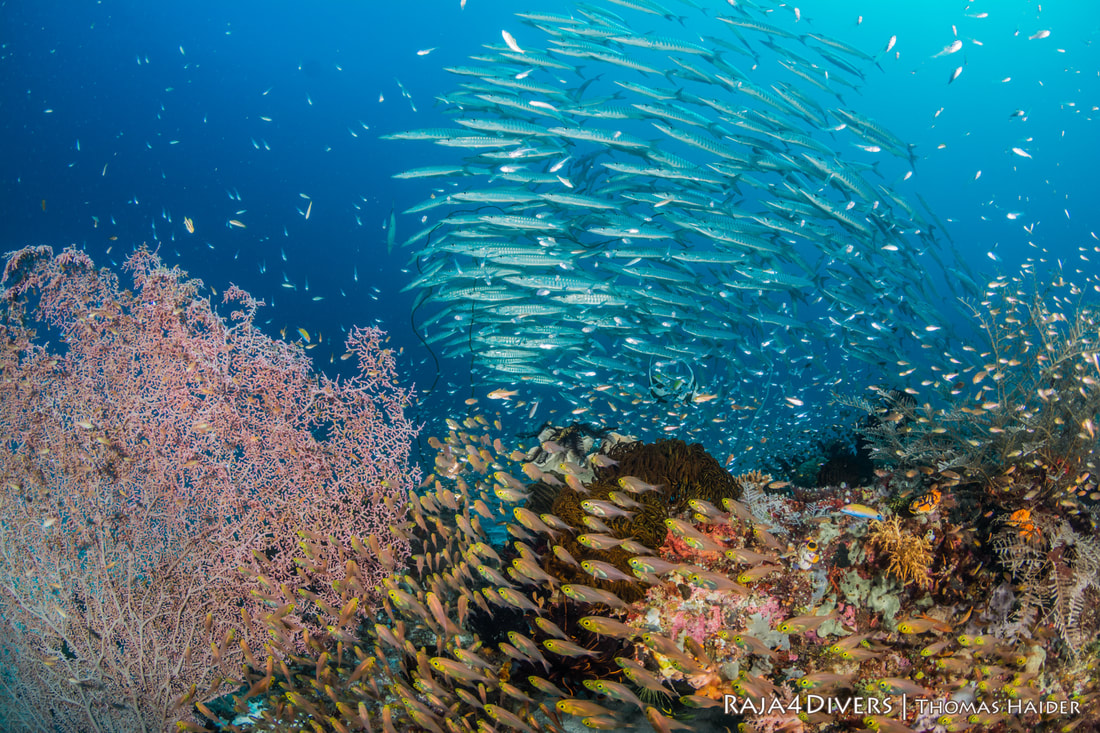 We actually went for a staff picknick at Yembraimuk island, about 20 minutes by boat from Pulau Pef, and some of us did two dives there. It was also part of the training we started with our dive guides and boat crew to slowly get them back into shape for when we can have guests again. Even though we still don’t know when this will be, it will take them a while to get used to the routine of getting everything ready, give a briefing in English and guide under water again. Since last April, most of them have only put on their dive gear to clean the boats, or on rare occasions such as planting new corals or placing our statues under water. So, it’s win-win – they get to train, and I get to dive! Before getting in the water I had actually feared I might have forgotten everything about diving after all this time. But as soon as I was in, I felt like a fish in the water again. The visibility was great, and we were immediately greeted by beautiful corals and big schools of fish. From tons of barracudas circling us to at least 5 wobbegong sharks in the sand and under bommies (but also one swimming gracefully in front of our eyes), from flounders in the sand and colourful little nudibranchs on rocks and corals to jacks and mackerels hunting in the blue, from filigree lionfish to fierce-looking scorpionfish, from the shy yellow boxfish, quickly disappearing under a coral, to the mantis shrimp eyeing me suspiciously in front of its hole without moving, from the crocodile fish camouflaged in the sand to big schools of yellowtail fusiliers flashing their colours, from the tiny filefish swimming away as quickly as it could to the big porcupine fish that didn’t seem afraid, from busy clownfish bustling about their anemone to the big bumphead parrotfish, from the giant moray eel showing its teeth to intimidate us to the schools of batfish crowding the blue, from the lobsters waving their antennae hidden in their crevices to garden eels curiously sticking their heads out from the sand - we saw them all and much more. I felt completely flashed and overwhelmed! Whenever I’m under water, I feel humble and honoured to be able to enter a world that doesn’t belong to humans. I feel like a guest that is invited to look, but not to participate. When I started diving in Australia more than 20 years ago, I was told to «take nothing but pictures, leave nothing but bubbles». This is what I still do – look and be amazed! Unless there is a lot of current (Raja Ampat is known for current...), the underwater world feels peaceful, but it is far from quiet. The divers are the loudest with their regulators making a lot of noise and their bubbles stirring up the water. But the fish make their own noise, either by biting off chunks of the reef when feeding or by nibbling on rocks and thereby producing a constant crackling background sound.
It’s a whole new world down there, and I am so happy to be able to experience it while it is still in such good shape here in Raja Ampat. When taking a coffee break between the two dives and also during lunch after the second dive, I constantly reminded myself of the incredible luck I have to be able to experience this beauty, while the rest of humanity is more or less confined to its own four walls and can only dream of coming here some time in the future. My life on the island may not always be easy. But moments like last Saturday make up for everything that I miss here, and I intend to enjoy it to the fullest! I only wish I could share it with you all… |
#TalkingWithMangrovesI never even dreamt of working on a remote island in Indonesia, but life has a way of taking care of itself… Archives
May 2021
|
LocationPulau Pef - Raja Ampat - Indonesia
|
Follow Us
Our Office in SorongJl. Gagak No.7 B, Km 7 Gunung, RT.001 RW.002
Kelurahan Malengkedi, Remu Utara PO Box No.130 Sorong 98416 – Papua Barat - Indonesia Phone +62 (0)811 485 7711 |
Rates and information are subject to change without notice. Terms and Conditions apply. All rights reserved.
Imagery is copyrighted and may not be used without express permission and written consent.
Images and videos of the following photographers / videographers were used for this website:
Barbara Moll, Claudia Peyer, Pere Rubio, Thomas Haider, Filip Staes, Christian Kaufmann, Dos Winkel, Duri Mayer, Jürgen Freund,
Daniel Brinckmann, Amanda Künzle, Joram Zimmermann, Ramon Sibold, Roman Keller, Barbara & Markus Aichinger, Fabienne Hadorn, Andreas Hadorn,
Armin Keller, Marcel Rudolph, Sabrina Inderbitzi, Peter Löseke
© 2024
Imagery is copyrighted and may not be used without express permission and written consent.
Images and videos of the following photographers / videographers were used for this website:
Barbara Moll, Claudia Peyer, Pere Rubio, Thomas Haider, Filip Staes, Christian Kaufmann, Dos Winkel, Duri Mayer, Jürgen Freund,
Daniel Brinckmann, Amanda Künzle, Joram Zimmermann, Ramon Sibold, Roman Keller, Barbara & Markus Aichinger, Fabienne Hadorn, Andreas Hadorn,
Armin Keller, Marcel Rudolph, Sabrina Inderbitzi, Peter Löseke
© 2024

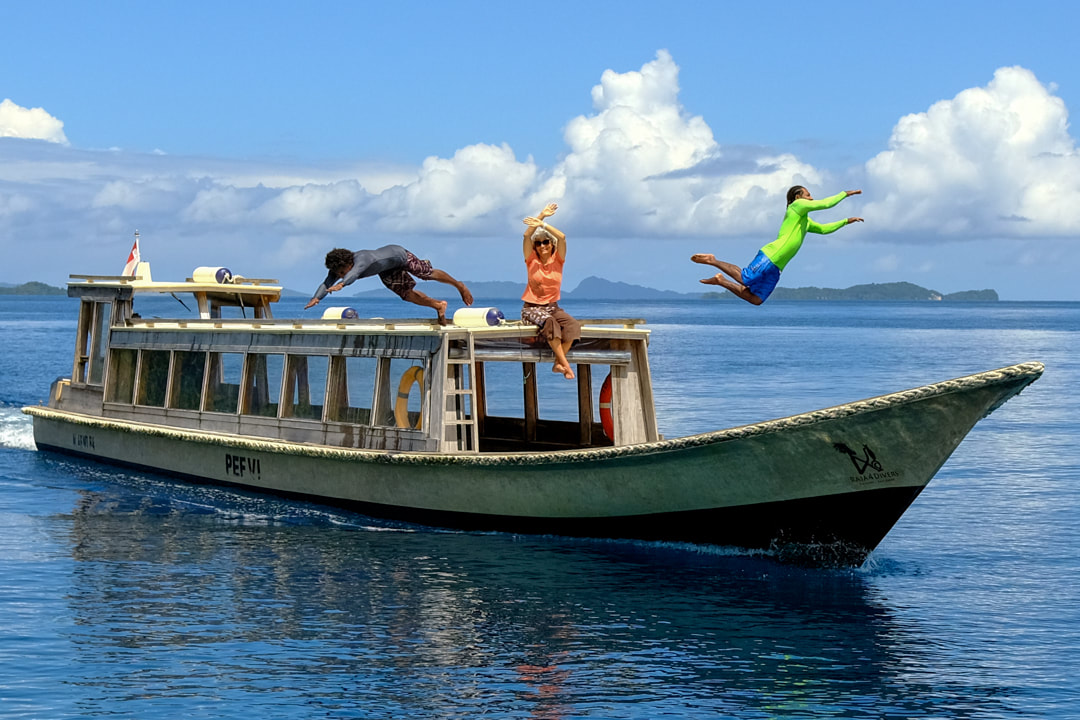
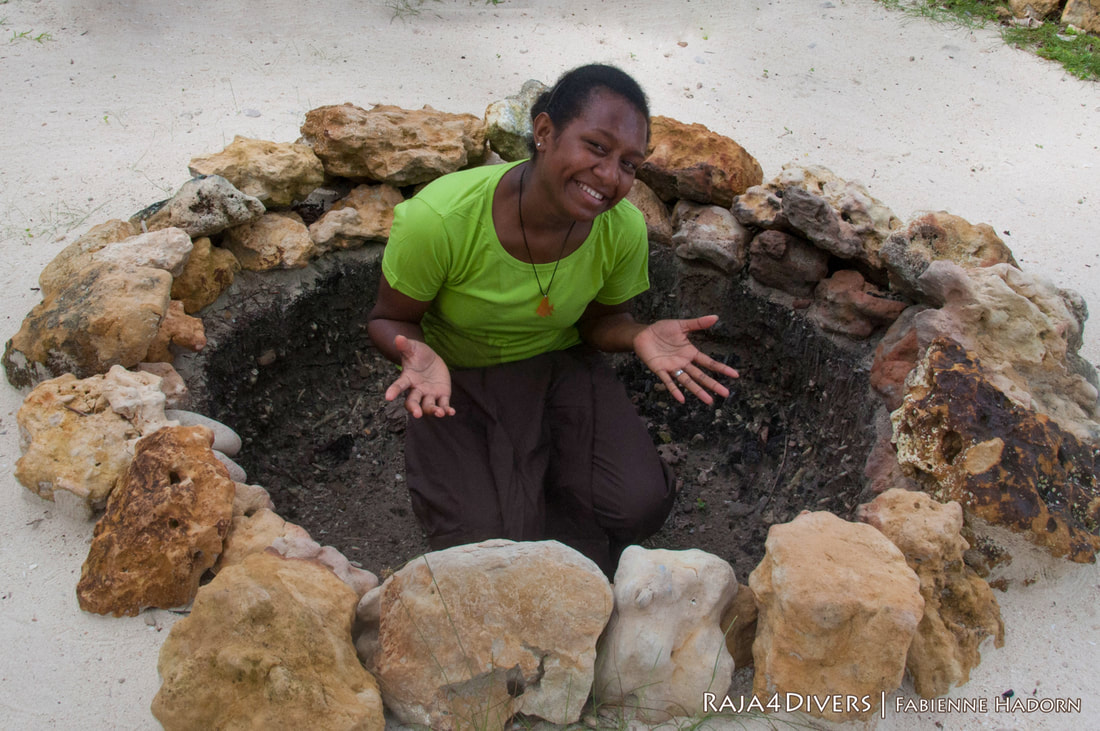
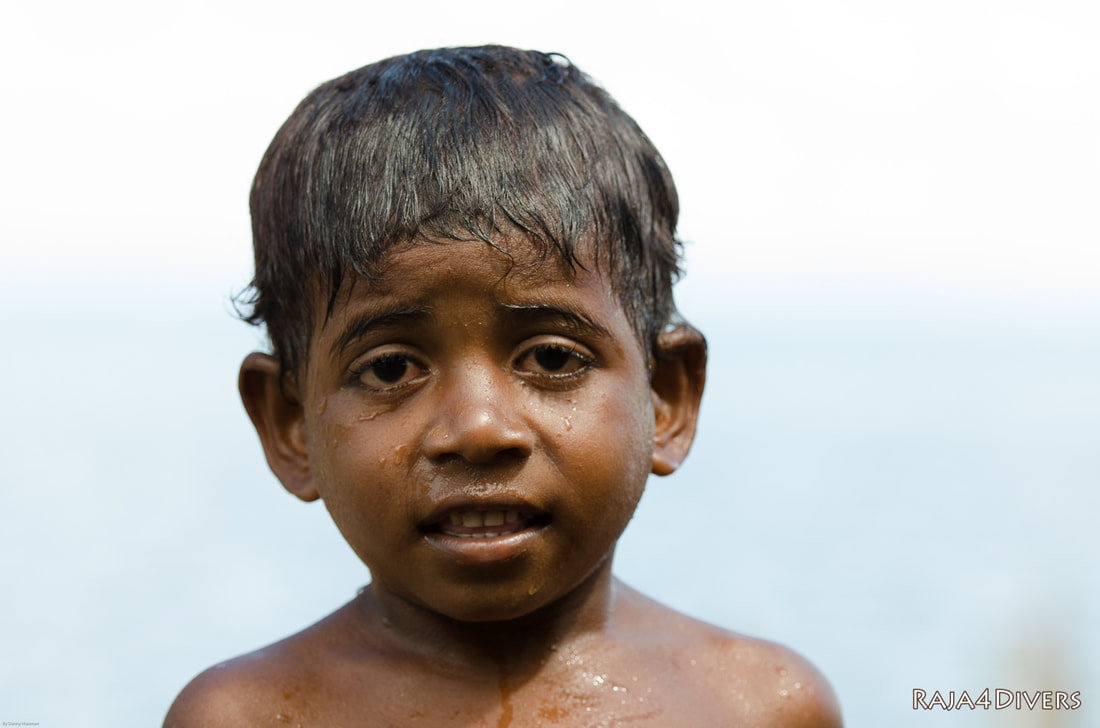
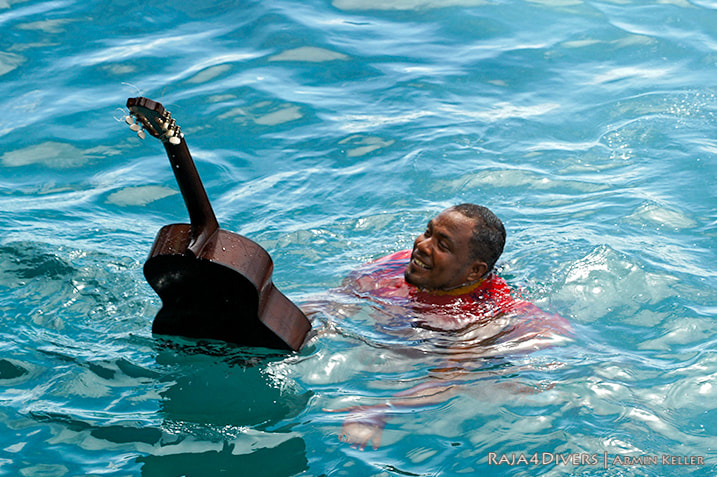
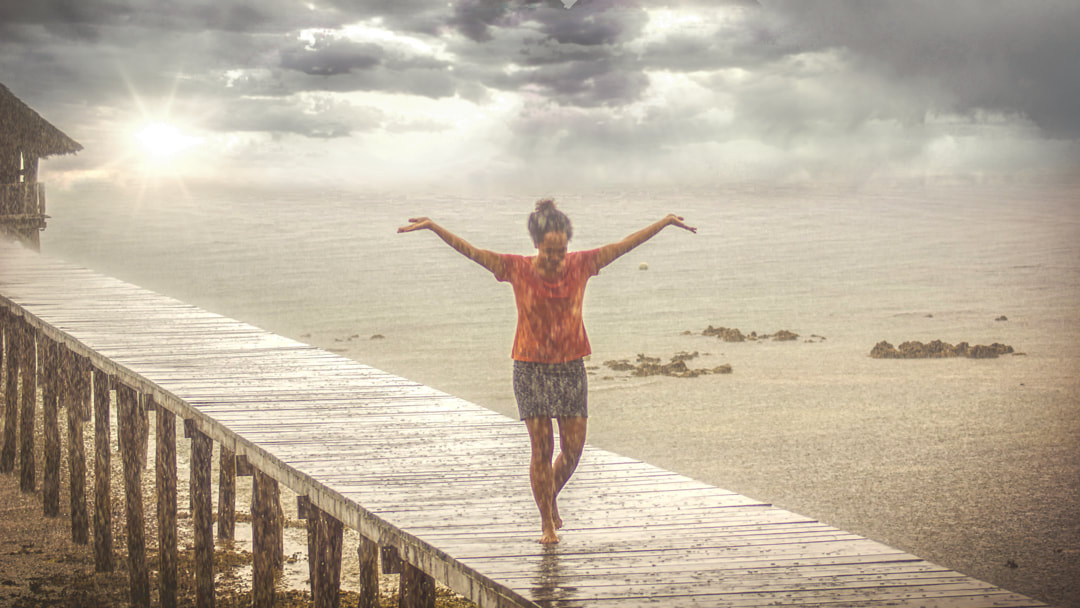
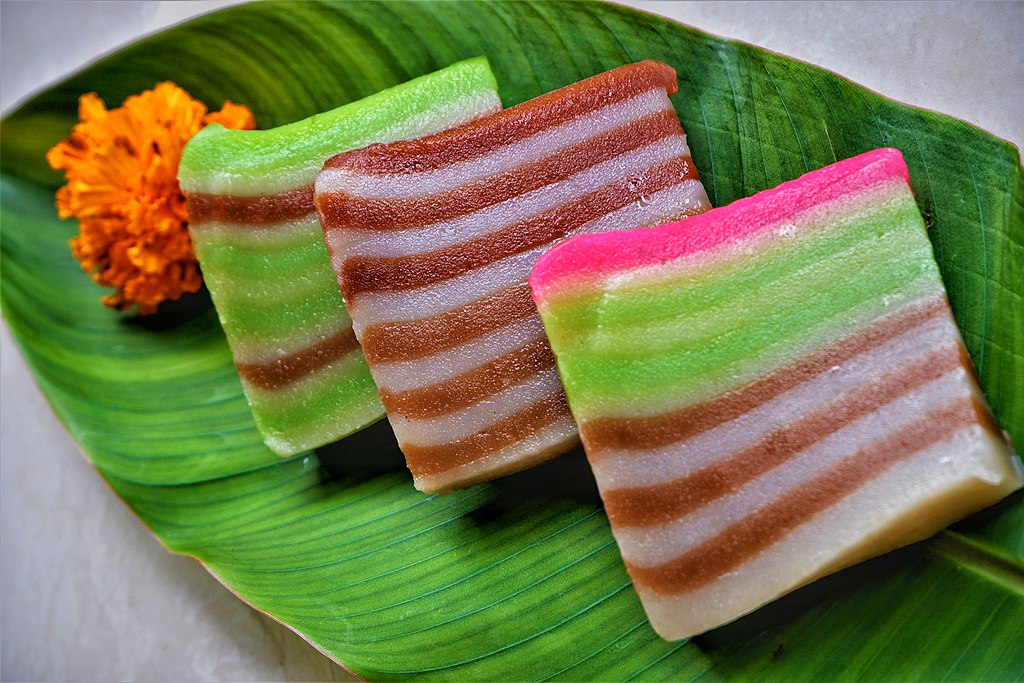
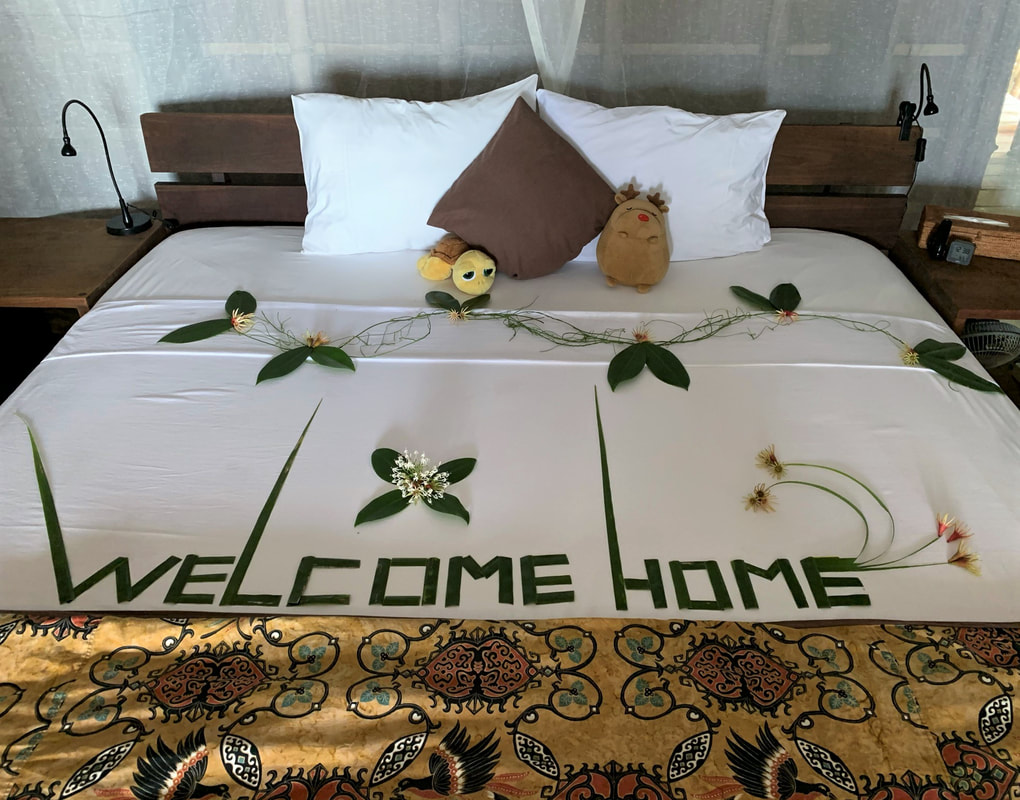
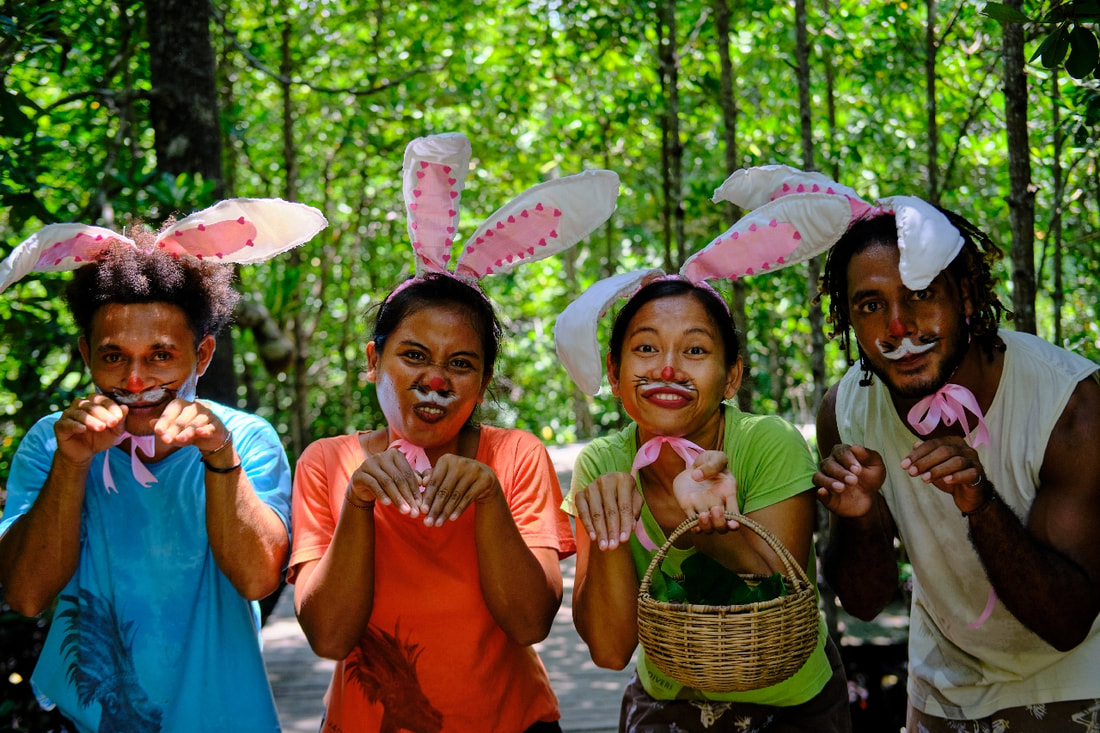
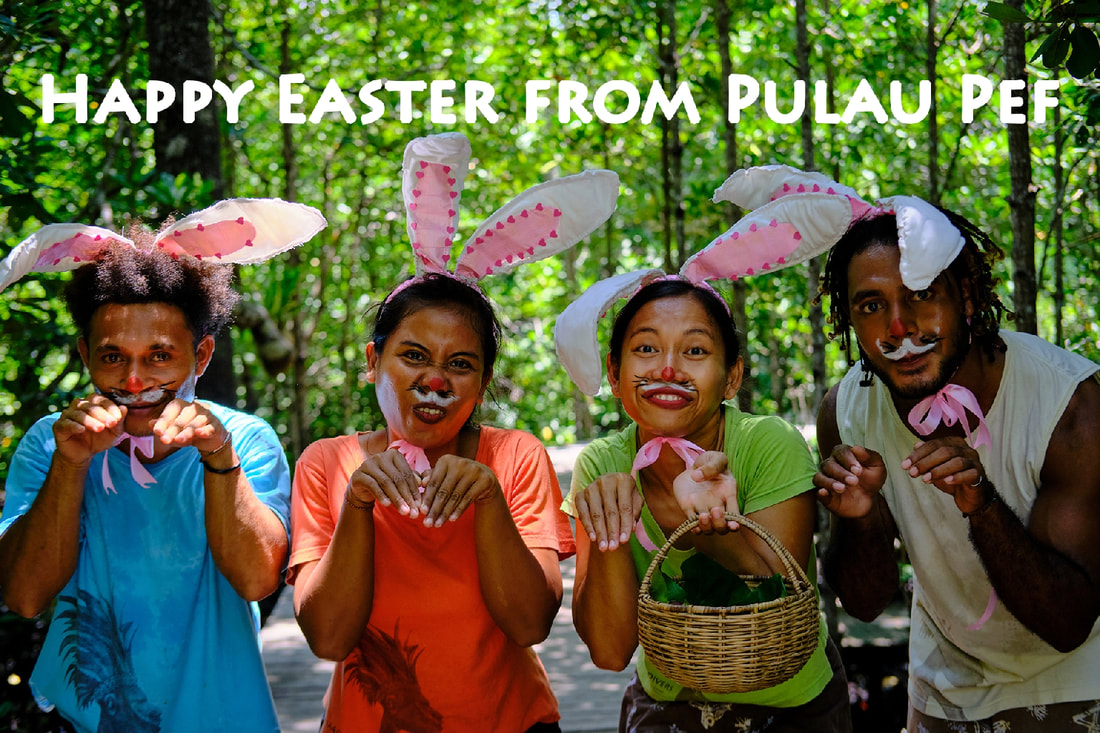
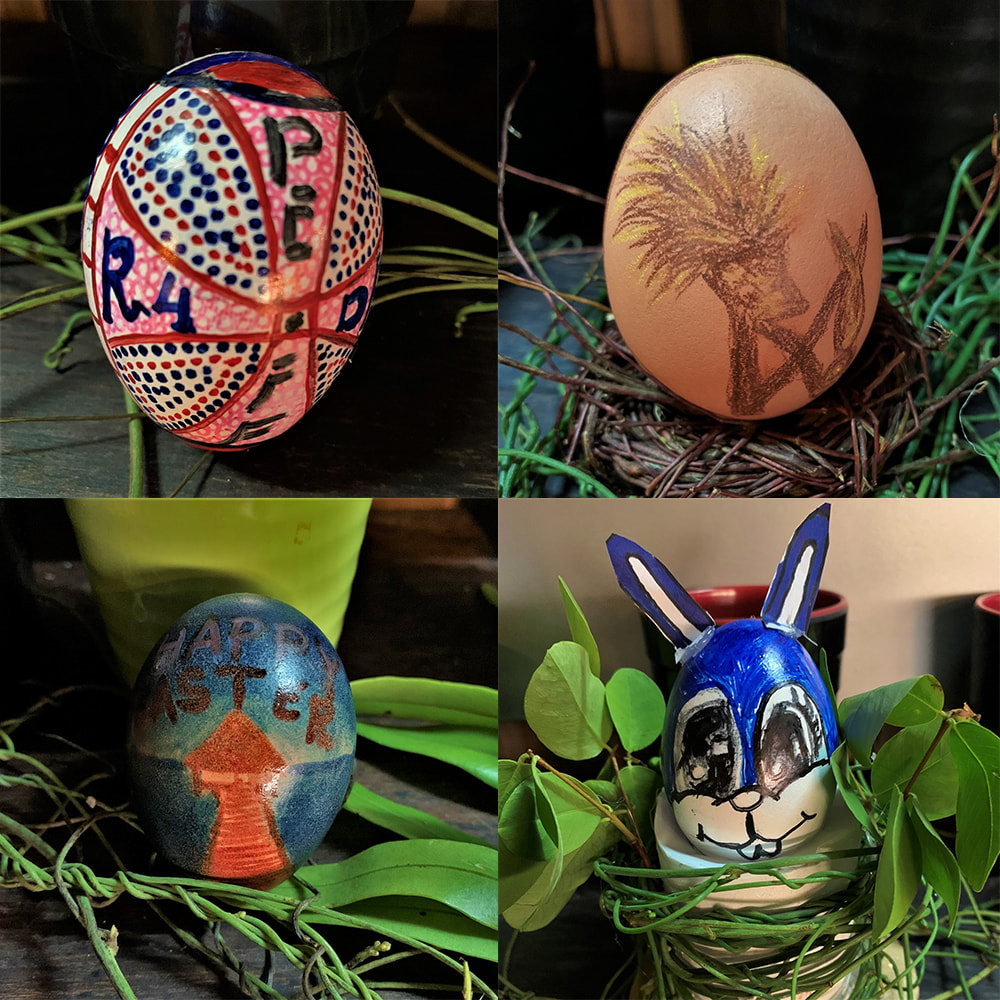
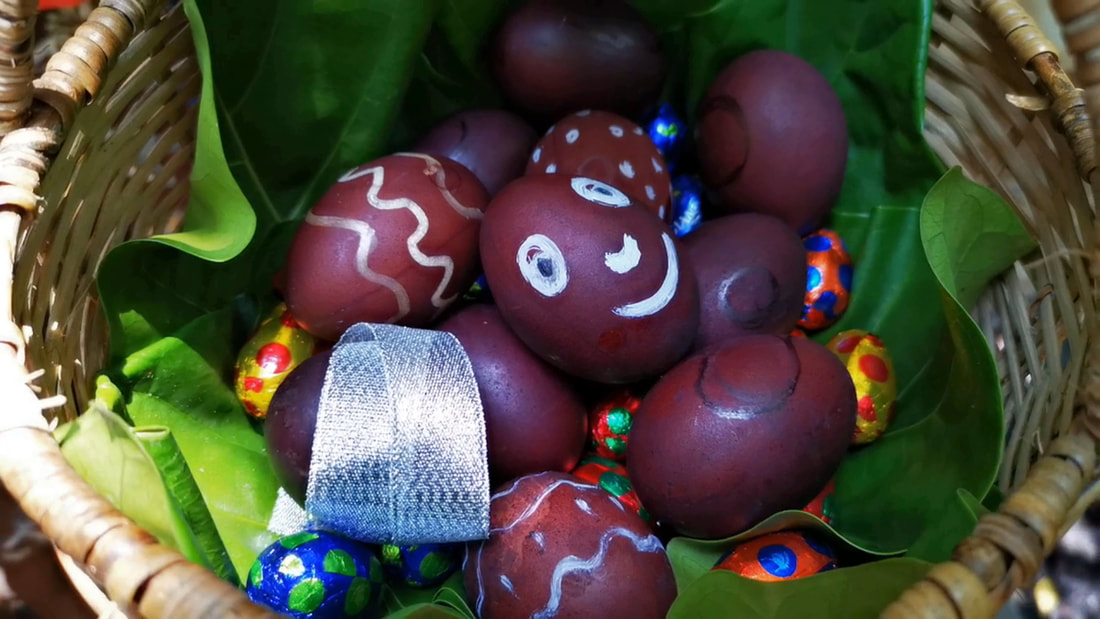
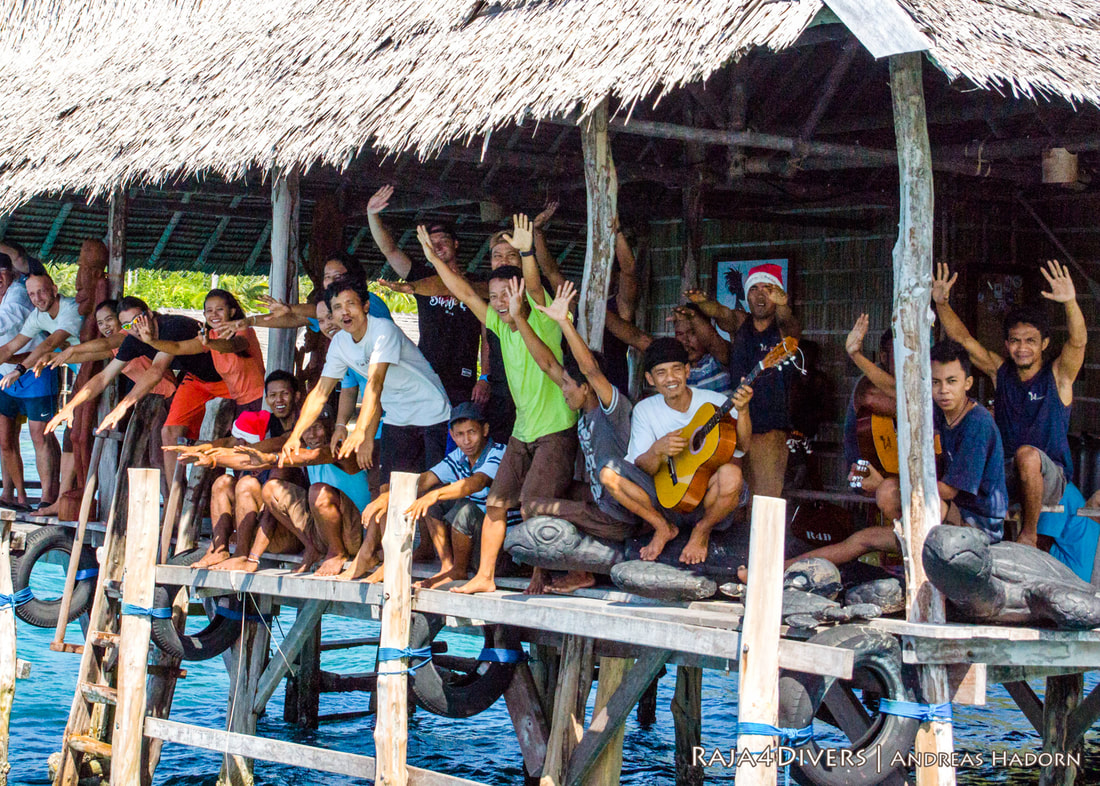
 RSS Feed
RSS Feed

